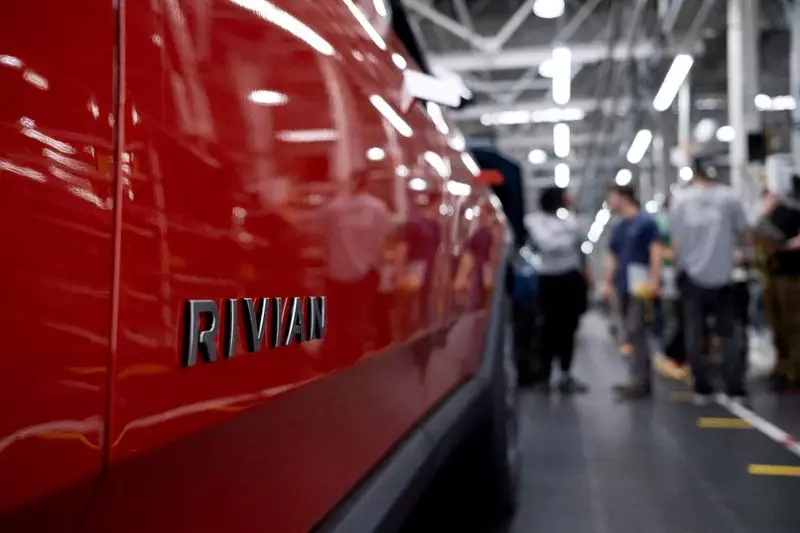The electric vehicle (EV) market is undergoing seismic shifts, as traditional automakers and new entrants seek innovative strategies to capture consumer interest and remain competitive. A noteworthy development is the burgeoning collaboration between Rivian, a U.S. electric pickup and SUV manufacturer, and the automotive giant Volkswagen. This joint venture, forged with an initial investment of $5.8 billion from Volkswagen, aims to meld Rivian’s advanced software and electrical architecture with Volkswagen’s extensive manufacturing prowess. As EV demand faces fluctuations, both companies are re-evaluating their approaches to technology integration in vehicle production.
At the heart of this partnership is the promise of enhanced production efficiency and technology acquisition. Rivian’s senior staff, particularly Chief Software Officer Wassym Bensaid, has indicated that this collaboration is attracting attention from various Original Equipment Manufacturers (OEMs) eager to benefit from this novel technology. Rivian’s framework, which emphasizes reduced reliance on electronic control units and simplified wiring, is likely to play a critical role in shaping the next generation of vehicles. This streamlined architecture not only decreases the overall weight of vehicles but also facilitates easier manufacturing processes, marking a significant leap into an era of software-defined vehicles that can receive over-the-air updates—a feature that has become a distinguishing characteristic of modern tech products.
The potential market impact of this joint venture cannot be overstated. By combining forces, Rivian stands to leverage increased production volumes, allowing them to negotiate better terms with suppliers. Concurrently, Volkswagen gains immediate access to cutting-edge software technology—something that established automakers have traditionally found challenging to develop in-house. Bensaid has noted the rising interest from other OEMs, suggesting that Rivian and Volkswagen could become key players in a rapidly evolving landscape that demands agility and forward-thinking solutions.
The implications of this venture extend beyond the immediate benefits of technology sharing and cost efficiency. Analysts from Canaccord Genuity suggest that the partnership is positioned to emerge as a dominant force in the Western world, rivaling Tesla’s market influence. This prospect is a tantalizing glimpse into an automotive future increasingly dominated by electric mobility and innovative technological harnessing.
As Rivian prepares for the rollout of its R2, a more affordable and compact SUV, the focus remains on technology integration across Volkswagen’s brands. This is a clear signal of Rivian’s ambition to redefine market standards through strategic alliances that foster innovation. The desire for collaboration is evident, with Bensaid’s remarks underscoring that any OEM looking to enhance its technological foundation has the potential to partner with the joint venture.
Therefore, as Rivian and Volkswagen stride into an electric future, they not only signify a shift in their corporate strategies but also set the stage for the broader automotive industry to rethink traditional models of innovation and competition. With evolving consumer preferences and increasing demand for sustainable solutions, their collaboration might pave the way for a new era in the automotive landscape, blending traditional manufacturing expertise with cutting-edge technology.

